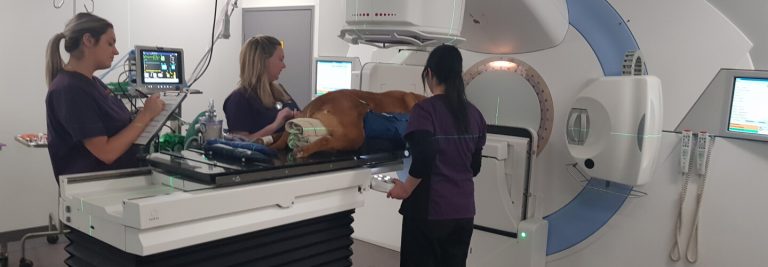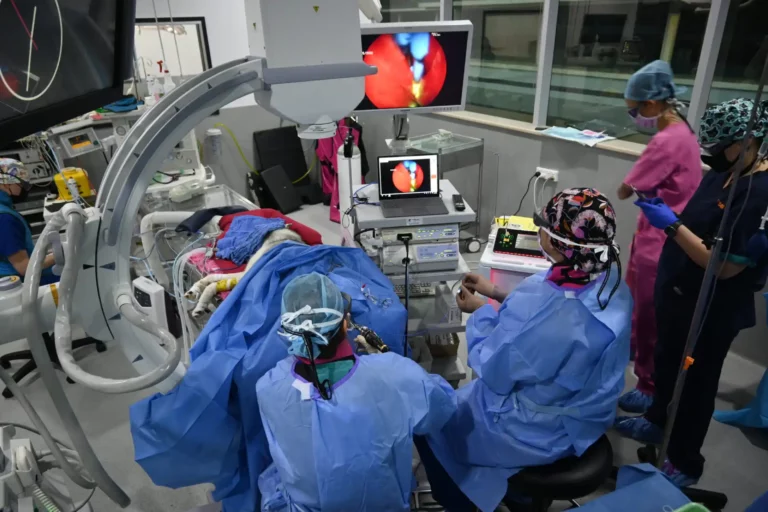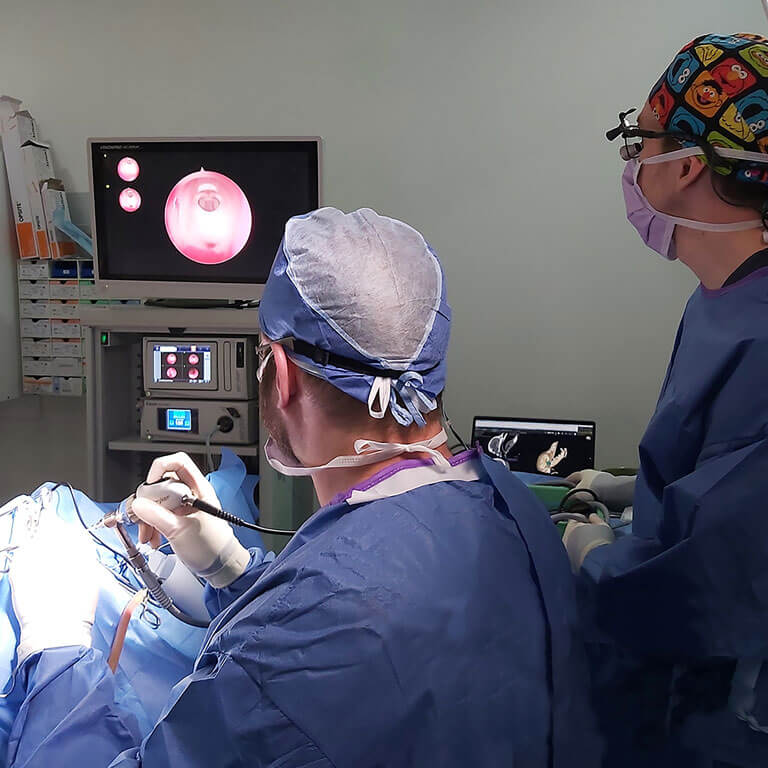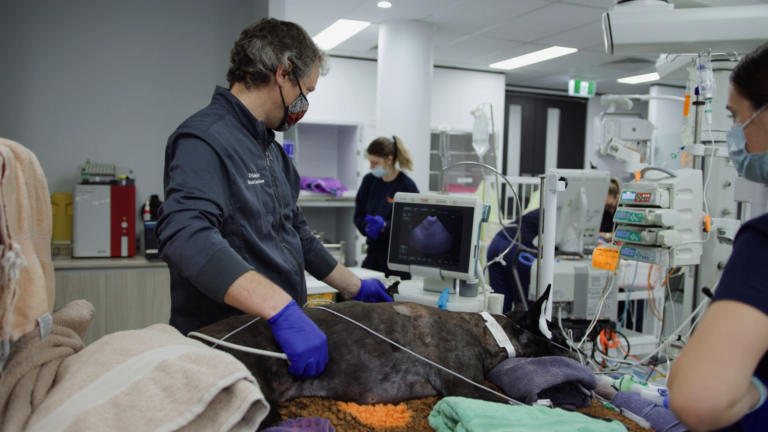Leptospirosis in dogs is caused by several related bacteria from the Leptospira genus. This infectious disease can infect over 150 different species of mammals, including dogs, cats, and people. Although cats can also be infected, they appear to be more resistant to the disease and are far less likely to be hospitalised.
Symptoms of leptospirosis in dogs
The symptoms of leptospirosis in dogs can be very general. This is because the disease can affect one or more organs simultaneously (eg. liver, kidneys, lungs), resulting in nonspecific symptoms. Some infected individuals may exhibit only very mild symptoms, while others can undergo multi-organ failure, causing life-threatening conditions.
Some symptoms include:
- Fever
- Lethargy and reluctance to move
- Loss of appetite
- Excess drinking and urination
- Vomiting
- Diarrhoea
- Jaundice (yellowing of eyes and gums, among other things)
- Respiratory difficulty
Risk factors for leptospirosis in dogs
Rodents, wildlife, and livestock can all carry the leptospirosis bacteria. However, dogs do not have to make direct contact with these animals to be infected. Direct or indirect contact with infected urine, especially in soil and standing water (puddles, mud, etc) can spread the disease. This includes drinking, swimming, or wading in infected water.
The bacteria causing leptospirosis in dogs can survive for months in soil and water, if conditions are favourable. Generally, periods of extended rain in temperate areas of the country (eg. Sydney) produce environments that are conducive to the spread of leptospirosis in dogs. The bacteria are sensitive to excess heat, cold, and UV light, which means spring, autumn, and warmer winters carry higher risk.
For a Yahoo! News article about leptospirosis featuring SASH Emergency Veterinarian, Dr Tim Hopkins, click the link below.
Diagnosing leptospirosis in dogs
There are a number of tests that can be performed by veterinarians to diagnose leptospirosis. These include various blood and urine tests. PCR tests (similar technology to tests used for COVID-19) can also be used to confirm leptospirosis in dogs.
Treating leptospirosis in dogs
The first treatment for leptospirosis in dogs is to prescribe a course of antibiotics. This can be effective if done early. However, if the infection is severe, more complex and intensive treatments are required.
As leptospirosis can affect a number of different organs, the outcome can be very severe and require hospitalisation. Aggressive supportive therapy may be needed to keep severely infected dogs alive, giving them time for their organs to recover. This can include 24/7 IV therapy, mechanical ventilation, and even dialysis. For this reason, referral or transfer to a 24/7 multidisciplinary specialist vet hospital is critical for the best possible outcome.
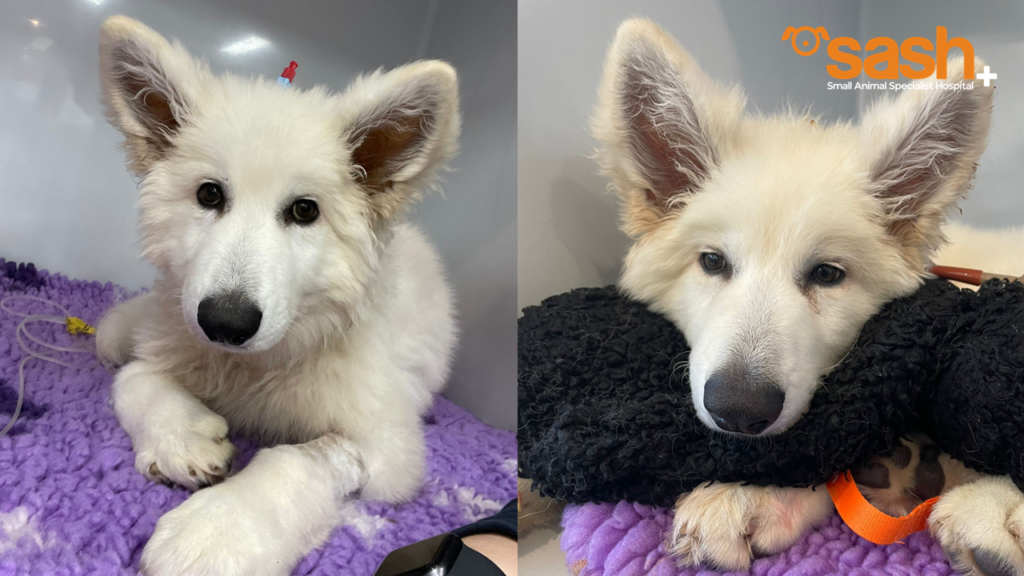
SASH Sydney is the only veterinary hospital in Australia to have a team of Specialists in Critical Care, Specialists in Internal Medicine, combined with facilities that include 24/7 care, mechanical ventilation, and a Dialysis Unit operated by dialysis trained specialists and nurses.
Outcomes for leptospirosis in dogs
Severe leptospirosis in dogs can be fatal. With appropriate treatment, the odds of survival can be above 50%. This can be further increased to above 80% if dialysis can be performed by trained specialists and nurses. Although these figures are based on research, it is important you consult with a veterinarian who can provide you with more personalised information about your dog.
Preventing leptospirosis in dogs
The prevention of leptospirosis in dogs is always better than cure. It is recommended that you routinely vaccinate your dogs for leptospirosis at your local vet. However, just like with all vaccines, it is not always 100% effective. Other precautions include restricting your dog’s access to wildlife and pools of water that wildlife are able to access. When walking your dog, keep it on a shorter lead to prevent it from drinking or playing in standing water.
Leptospirosis in dogs can also spread to people
Leptospirosis is a “zoonotic” disease. This means it is able to be spread from animals to people. Like in dogs, the effect of leptospirosis in people can be highly variable, ranging from minimal symptoms, to mild flu-like symptoms, to multi-organ failure. It is therefore as important to protect ourselves as it is to protect our dogs.
Avoiding flooded and standing pools of water that may be accessed by wildlife is recommended. Always practice good hand hygiene. Wash your hands regularly, including after playing with your dog.
If you suspect you dog may have contracted leptospirosis, contact your local vet, or bring them to SASH Emergency immediately.
